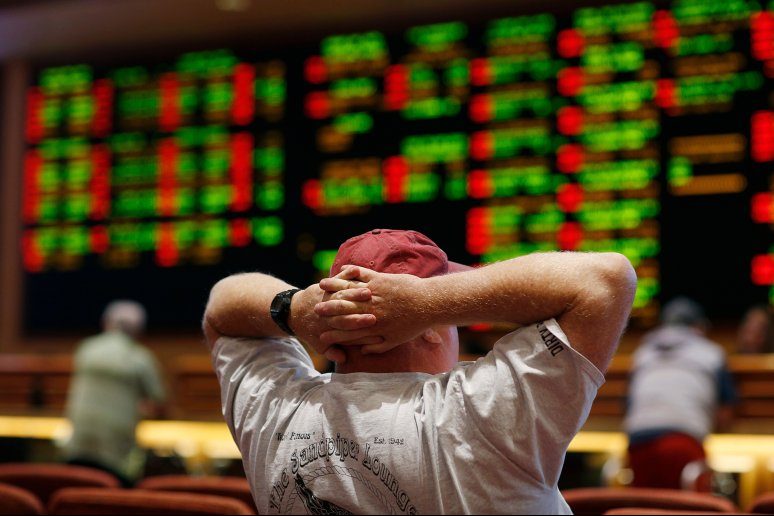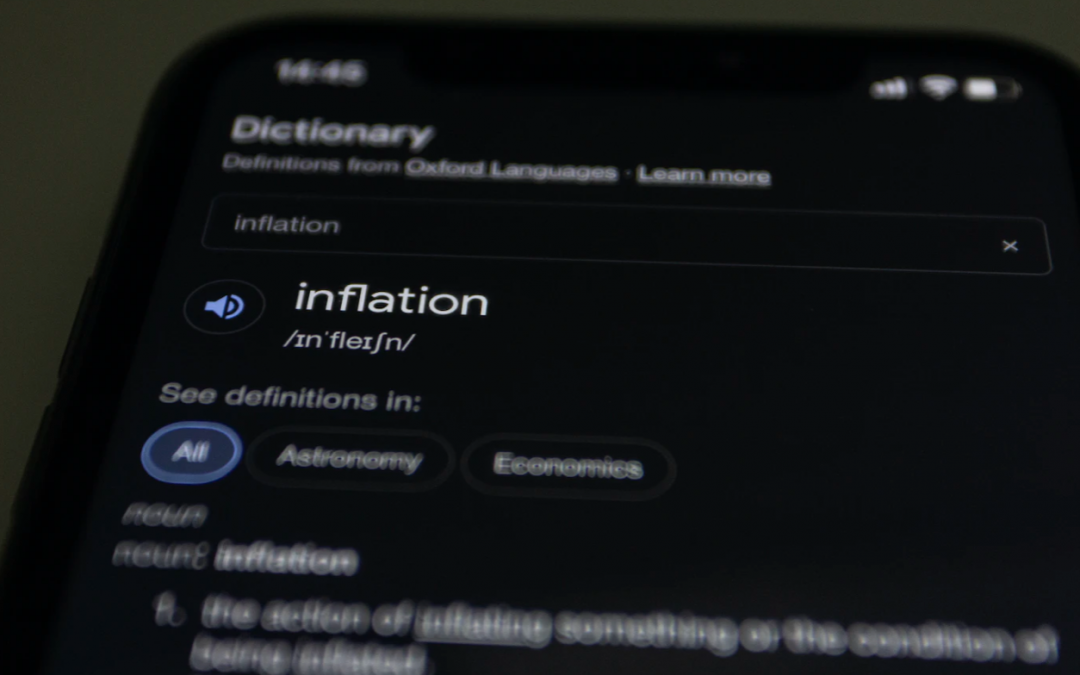Discover how India’s Global Capability Centers have transformed from mere cost centers to innovation powerhouses, reshaping the global business landscape and India’s economic future.


Discover how India’s Global Capability Centers have transformed from mere cost centers to innovation powerhouses, reshaping the global business landscape and India’s economic future.

Fed up and tired with traditional bonds? Try Sukuk!
The changes in music consumption patterns and the rise of the streaming economy have recently sparked investors’ interest in acquiring popular musicians’ music rights as alternative assets.

By the early 1990s, football had evolved into all the glitz and glory it is today. By 1995, football was embezzled with sponsorship deals and television rights. Player deals inflated from £100 to £197 million nominally.

Discover how India’s Global Capability Centers have transformed from mere cost centers to innovation powerhouses, reshaping the global business landscape and India’s economic future.
The changes in music consumption patterns and the rise of the streaming economy have recently sparked investors’ interest in acquiring popular musicians’ music rights as alternative assets.

By the early 1990s, football had evolved into all the glitz and glory it is today. By 1995, football was embezzled with sponsorship deals and television rights. Player deals inflated from £100 to £197 million nominally.

Fed up and tired with traditional bonds? Try Sukuk!

Gambling advertisements are everywhere – on billboards, on the tube, and on shop windows. But does ‘responsible gambling’ campaigns funded by popular betting agencies such as Sky Betting & Gambling, William Hill, and Pokerstars solve the problem?

This article is the second in a series that addresses the importance of Environmental, Social and Governance factors in an organization.

We have all been taught in our social studies classes that governments ought to do what is right and not what is popular; but what our teachers kept from us, is the sheer ugliness of the truth that is miles from reality.
Within 72 hours the second and third largest banks failures in US history transpired and by Monday morning the Fed and the Bank of England had followed through on plans to bail out depositors. How did we get here?

Let’s zoom into the numeric truth behind the commentated downfall of the biggest and one of the earliest electronic automobile companies – Tesla. The criticism of its owner is loud and clear, which often leads to the astonishing drop (or rise) in its stock prices. We’re going to compare this impact of commentary with actual factual information present.